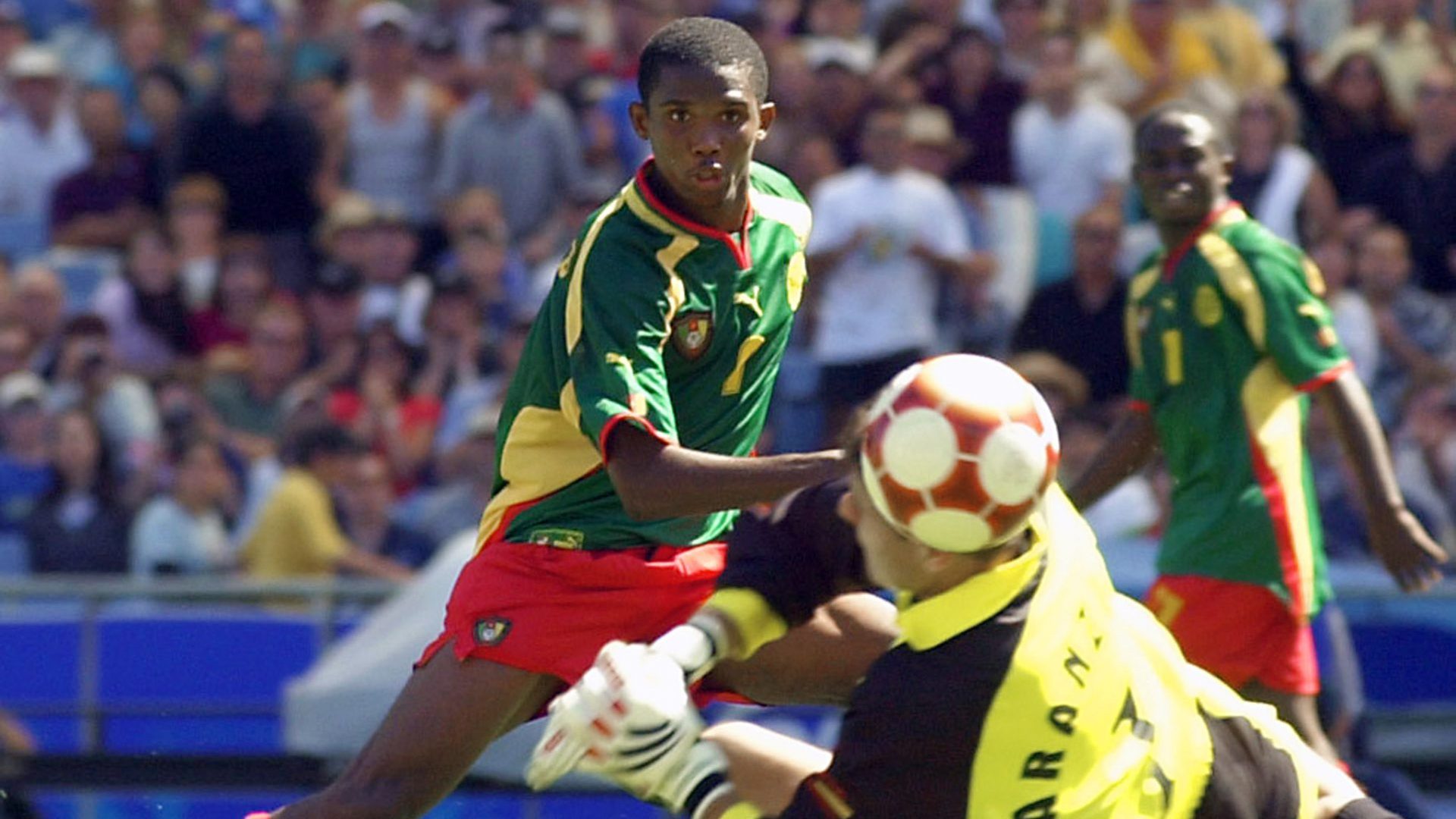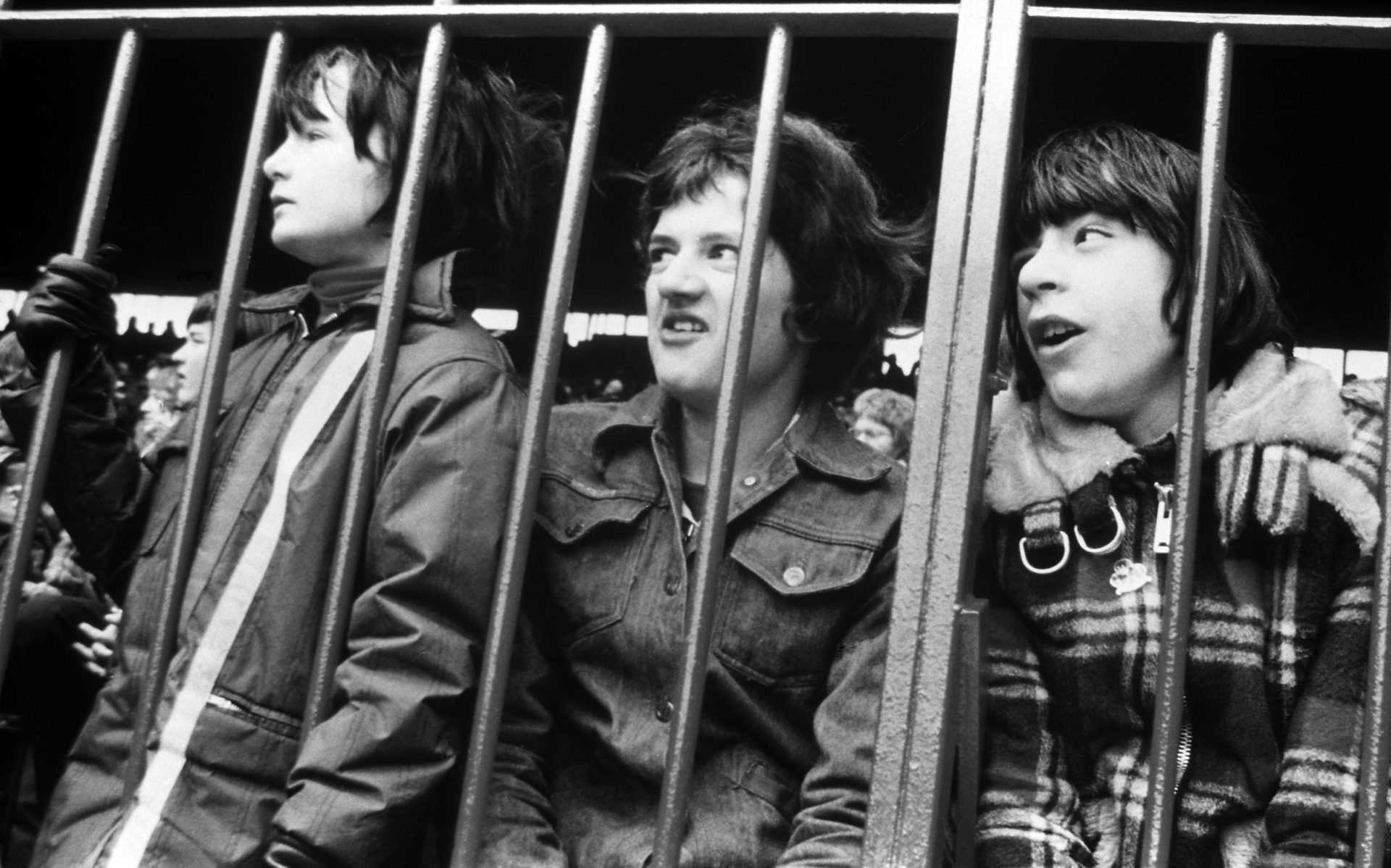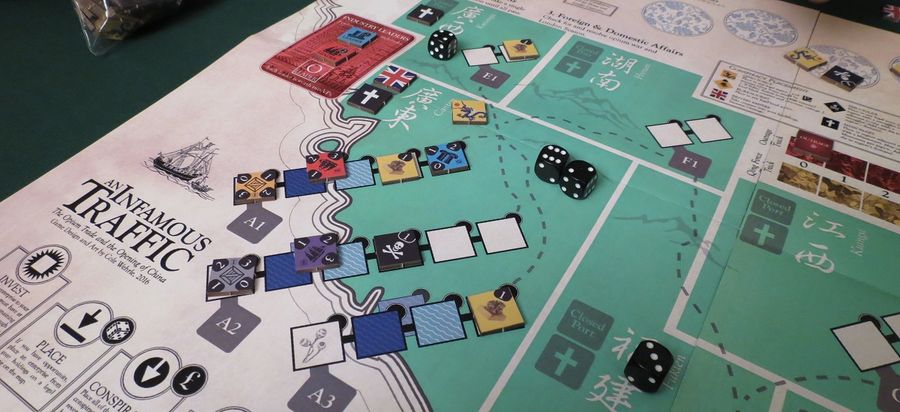Europe has benefitted from Africa’s football talents for decades the way that our colonialists extracted diamonds, gold and ivory. So we shouldn’t complain when every two years the Africa Cup of Nations significantly weakens clubs fighting for titles in England, Germany, Italy, Spain and France.
The two-way trade has given European soccer wonderful talents over generations. Think of Eusébio who was born in Mozambique but played as a Portuguese national. Think Didier Drogba, George Weah, Jay-Jay Okocha… and, this week, think particularly of Samuel Eto’o.
He has just been elected president of the Cameroon Football Federation, which is scheduled to stage the 24-country tournament between January 9 and February 6. It is quite a stretch picturing Eto’o in the boardroom after so many defenders across Europe failed to pin him down. So swift, so instinctive, so predatory was Sam that over a 22-year career he scored as he pleased for clubs in Spain, Russia, England, Italy, Turkey and finally Qatar.
His career of 720 games and 360 goals (plus 118 games for his country and another 56 goals) yielded every prize in the club game, and an Olympic gold medal for Cameroon. Eto’o was traded 13 times, starting at Real Madrid who procured him as a 16-year-old, and peaking with Champions League winners’ medals at both Barcelona and Inter Milan.
Along the way, Eto’o epitomised the beauty of a game that favours neither ethnicity nor creed nor religion. At the other extreme, he suffered, and rebelled against, racism that scars the game on our continent.
Eto’o has inherited huge problems in his first days as president. The Nations Cup was moved from Ivory Coast to Cameroon in 2021 because the Ivorians failed to build the infrastructure on time, and because of coronavirus. The resurgence of the disease through the Omicron variant hit Africa’s 1.3 billion population hard because of a low vaccination rate.
You can imagine the big European clubs working every channel, including the fear that “their” players will be exposed to danger by travelling to the heart of Africa where Covid is in resurgence – and to Cameroon, which has a civil war where bombings and street shootings appear indiscriminate.
And even from within their own continent, Al Ahly, the African club champions from Cairo, have lobbied for the tournament to be moved forward a week because if Egypt reach the final, that would compromise the fact that Al Ahly is scheduled to play in FIFA’s Club World Cup that starts in Abu Dhabi on February 3.
FIFA, of course, is in this for money. And FIFA president Gianni Infantino is busy canvassing for his own expansion towards ever-larger World Cups (48 nations is his grand plan) and a FIFA World Club tournament to take profits away from UEFA and the Champions League. Africa, significantly, holds 54 votes in the one-member, one-vote FIFA presidential election.
Oh, what fun it would be to be a fly on the wall when president Infantino meets president Eto’o in Yaoundé in the New Year.
By then, unless there is a deep freeze in Europe or intolerable outbreaks of Covid around the clubs, the biggest game affected by the Africa Nations Cup will be Chelsea v Liverpool. It could crucially affect the outcome of the Premier League title race.
Liverpool could be without Mohamed Salah, the best player in the world on current form. They could lose Sadio Mané, the Senegalese winger who was Africa’s player of the year in 2019. Between them, Salah and Mané have been responsible for 21 of Liverpool’s 49 goals in the league this season.
The Anfield club will also lose Naby Keita, who represents Guinea. On the other side, Chelsea will be without their Senegalese goalkeeper Édouard Mendy and the Moroccan forward Hakim Ziyech.
Manchester City, the third team in the English title chase, have only one African at the tournament, the French-born Algerian Riyad Mahrez.
In contrast, Bayern Munich has just two players – the Cameroon defender Eric Maxim ChoupoMoting and the Senegal defender Bouna Sarr – on duty in Africa. And Munich’s lead in the Bundesliga is, as ever, secure enough to withstand their absence, unlike other clubs in Germany such as Hoffenheim, Leverkusen, Leipzig and Stuttgart, where the purse strings are tighter and the playing talent more thinly spread.
But the English, Germans, French, Italians and Spanish knew when they scouted Africa for talent, who were either cheaper or unsecured by agents or rival clubs, that these nations cups come on a biennial basis. It is part of the price of being a football Mecca to a whole world of playing potential, not too different from South America or even Asia, which has started to play catch-up in the great breeding-ground stakes.
Europe, to its credit, will pluck human potential, regardless of any discrimination and from anywhere. The Spanish clubs have a head start with their linguistic appeal to the likes of Lionel Messi and, long, long before him, the great Alfredo di Stéfano.
The clubs know, though sometimes they conveniently forget, that those who come from afar will, from time to time, honour their own upbringing by responding to the call “Your Country Needs You”.
Yes, Liverpool will miss their match-winners Mo and Mané. But Jürgen Klopp knew when he signed them where they were from, and where they might have to answer the call home.
Klopp at least has Diego Jota, Roberto Firmino, Divock Origi and Takumi Minamino as back-up. His own league of nations, on Merseyside.




